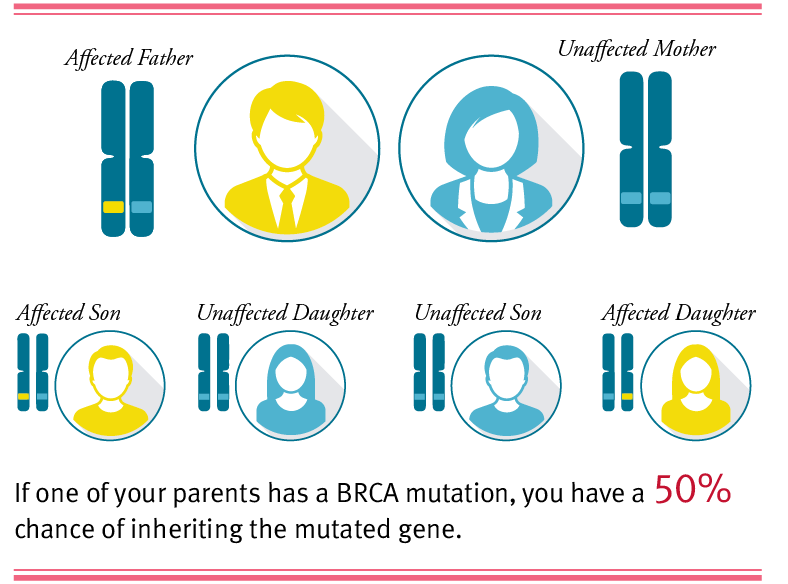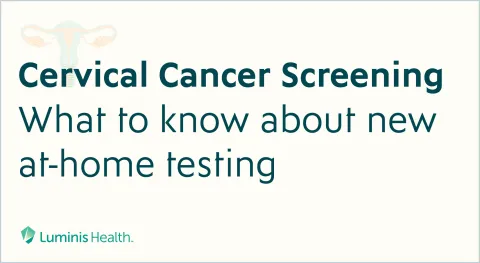by Luminis Health

Knowledge is power. When it comes to breast cancer, this statement rings true. Understanding your personal risk factors for breast cancer can empower you to make healthier choices. It can also make you more aware of any changes in your breasts early on, before cancer develops or while it is still highly curable.
Every day we take action to protect ourselves from harm. We wear bike helmets, change passwords and slather on sunscreen. Understanding your risk for breast cancer is no different. This starts with a conversation with your healthcare provider to help you make informed decisions about your health.
You can control some risk factors. Maintaining an active lifestyle, avoiding tobacco and limiting alcohol are all ways you can lower your risk for breast cancer. Other risks are outside of your control, such as inheriting a BRCA gene mutation or having a family history of breast or ovarian cancer. Each of these risk factors are red flags, and women should talk to a healthcare provider about risk assessment testing and genetic counseling.
Risk assessment and prevention programs help women understand and do something about these red flags. With innovative resources including genetic counseling, breast specialists work closely with each woman. They can talk with you about making lifestyle changes to reduce your risk of breast and other cancers, customize a screening schedule to help detect changes in your breasts at an early stage and, in some cases, recommend medications or surgery to reduce your risk.
While risk assessments can give you valuable information, they can’t give definite conclusions. No single model can predict whether a woman will or will not develop breast cancer. Even women who have no detectable risk factors may still have a high risk of developing breast cancer. All women have about a 12 percent lifetime risk of developing breast cancer. And risk increases with age. One in eight women who live into their eighties will develop some form of breast cancer. Most will be cured but even so, it can be a devastating diagnosis with lasting impact.
Here are five questions you should ask yourself to help assess your breast cancer risk:
- Do you have a mother, daughter or sister who has been diagnosed with breast or ovarian cancer? Has any man in your family been diagnosed with breast cancer?
- Have any of your aunts or cousins or grandmothers been diagnosed with ovarian cancer?
- Have you been told that you have very dense or lumpy breasts?
- Have you had multiple breast biopsies?
- Have you been treated with radiation for Hodgkin’s disease?
If you answer “yes” to any of these questions, you may be at risk for breast cancer and should consider taking proactive measures for your breast health. Talk with your healthcare providers about your risk and about steps you can take to prevent cancer. For some women, this might include consulting with a breast cancer specialist.
Unfortunately, all women are at risk of developing breast cancer, even without having any clear risk factors. It’s important to maintain a healthy lifestyle, have regular check-ups including breast imaging as recommended by your providers and be aware of any changes in your breasts. If you notice anything that concerns you, talk to your healthcare provider right away. An ounce of prevention is indeed better than a pound of cure. But, the best chance of cure is early detection.
Read about two more ways to fight breast cancer: Ways to Fight Breast Cancer: Get Support and Ways to Fight Breast Cancer: Get Physical.
 Robert Buras, MD, is an AAMC breast surgeon and part of the Fortney Breast Center’s Risk Assessment and Prevention (RAPP) program.
Robert Buras, MD, is an AAMC breast surgeon and part of the Fortney Breast Center’s Risk Assessment and Prevention (RAPP) program.




